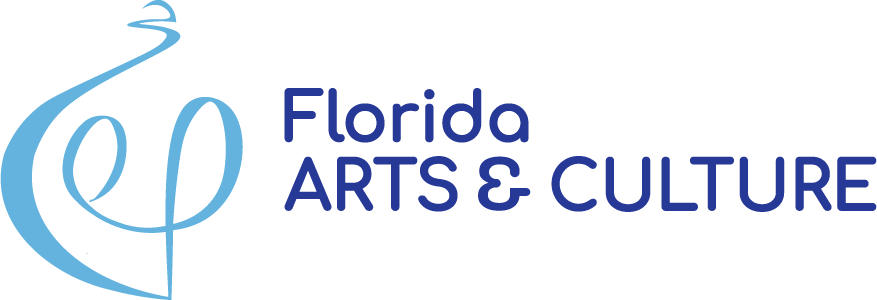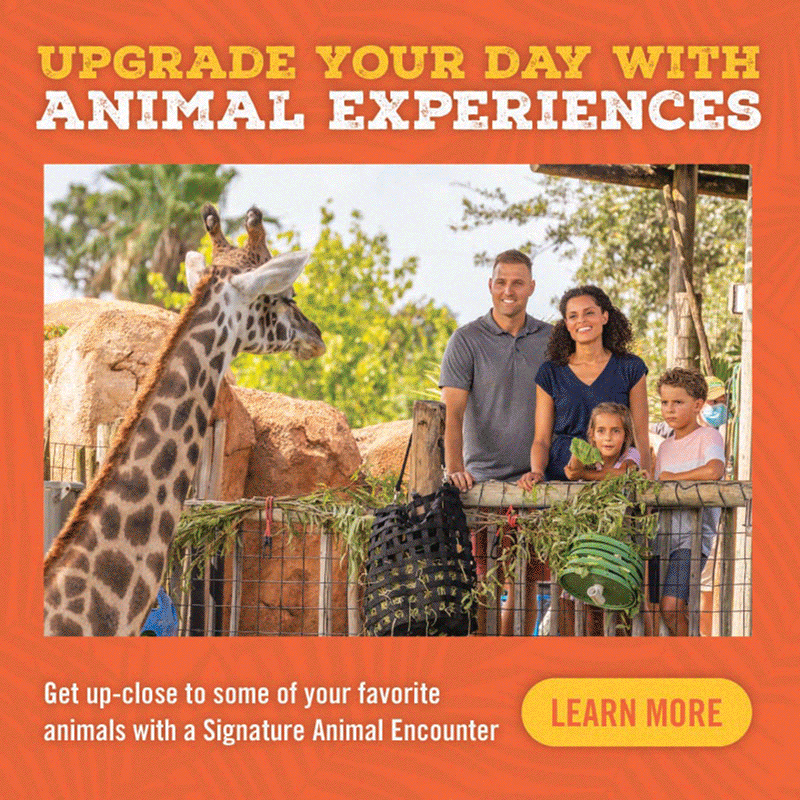The Macaw Recovery Network, previously known as the Ara Project, is a nonprofit organization located in Costa Rica, Panama, and Colombia, working to protect macaws in their native range through breeding and releasing them back into wild populations. Initially focusing on releases of the Scarlet Macaw, whose local population in Costa Rica has seen a decline in recent years, MRN (Macaw Recovery Network). In August of 2022, ZooTampa sent two staff members to Costa Rica to work alongside the Macaw Recovery Network and teach behavioral modification and training techniques used at the Zoo. Following up on this initial work, I traveled to Costa Rica this past August (2023) to work with the organization to develop a behavioral monitoring program to evaluate flock behavior before systematically being released.
During my time at MRN, I participated in daily care, cleaning, and feeding of the birds whenever possible alongside staff and volunteers. Starting at 5:30 each morning, maintenance would be performed in 3-4 hour shifts throughout the day. Between cleaning times, behavioral observation tools, known as ethograms, were tested, and staff were trained to observe different aviaries throughout the site.
The biggest lesson I learned from my experience with the Macaw Recovery Network is how many challenges must be faced daily to perform conservation around the globe. Being constantly exposed to extreme rain and heat without the personal luxuries of A/C and enclosed buildings was exhausting for the brief 9-day stretch I was visiting. The staff and volunteers at the Macaw Recovery Network live through this day in and out for months with no break. Many challenges had to be overcome, given how remote the facility is. A trip into town for groceries had to be planned and would be completely stopped during rain, which flooded the roads and stranded people living further up the mountain. On days when other food options weren’t available for the birds, staff would spend time foraging wild fruits, especially coconuts, which could be used to replace missing parts of the diet. Being able to experience the resilience of this species and the amazing people working to protect them was an opportunity beyond words that I will carry with me for the rest of my life.
Kerry Gray
Supervisor of Behavioral Research
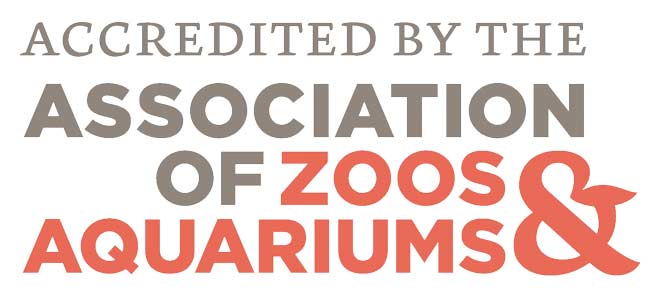
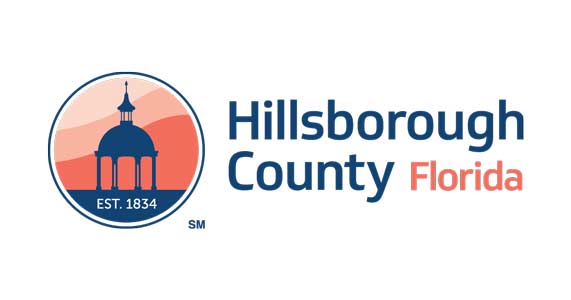
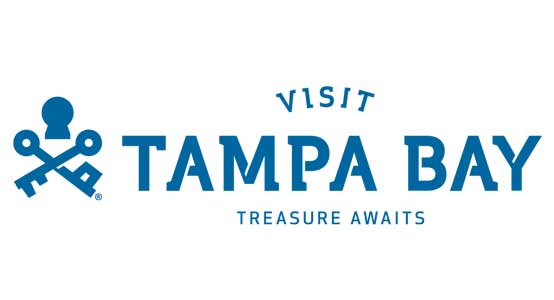
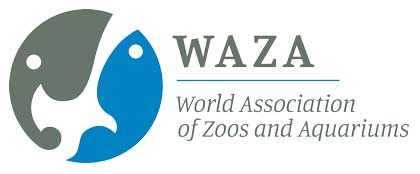
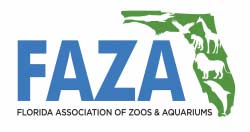


![tampa-640x300-54[29]-noarrow](jpg/tampa-640x300-5429-noarrow.jpg)
